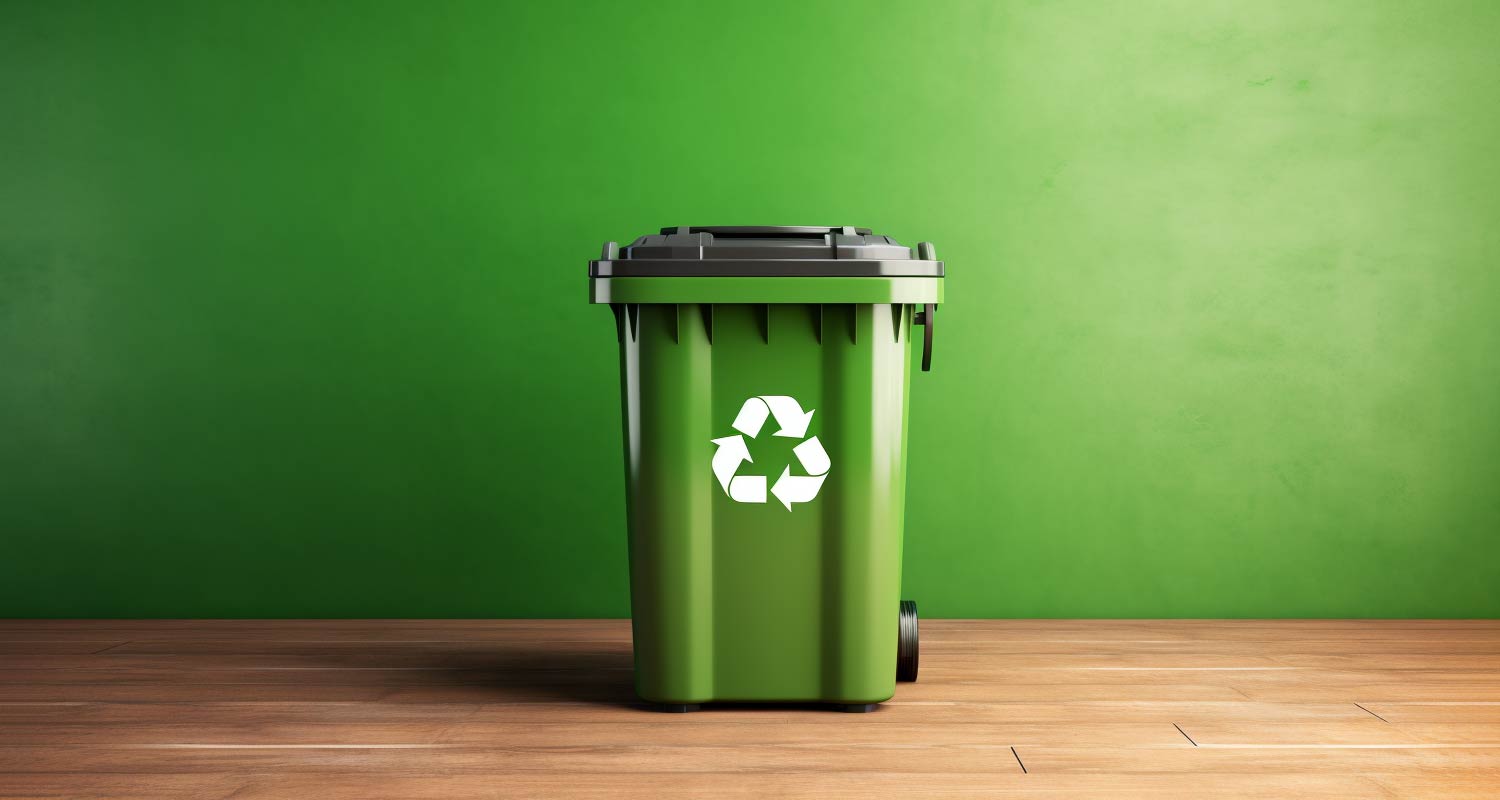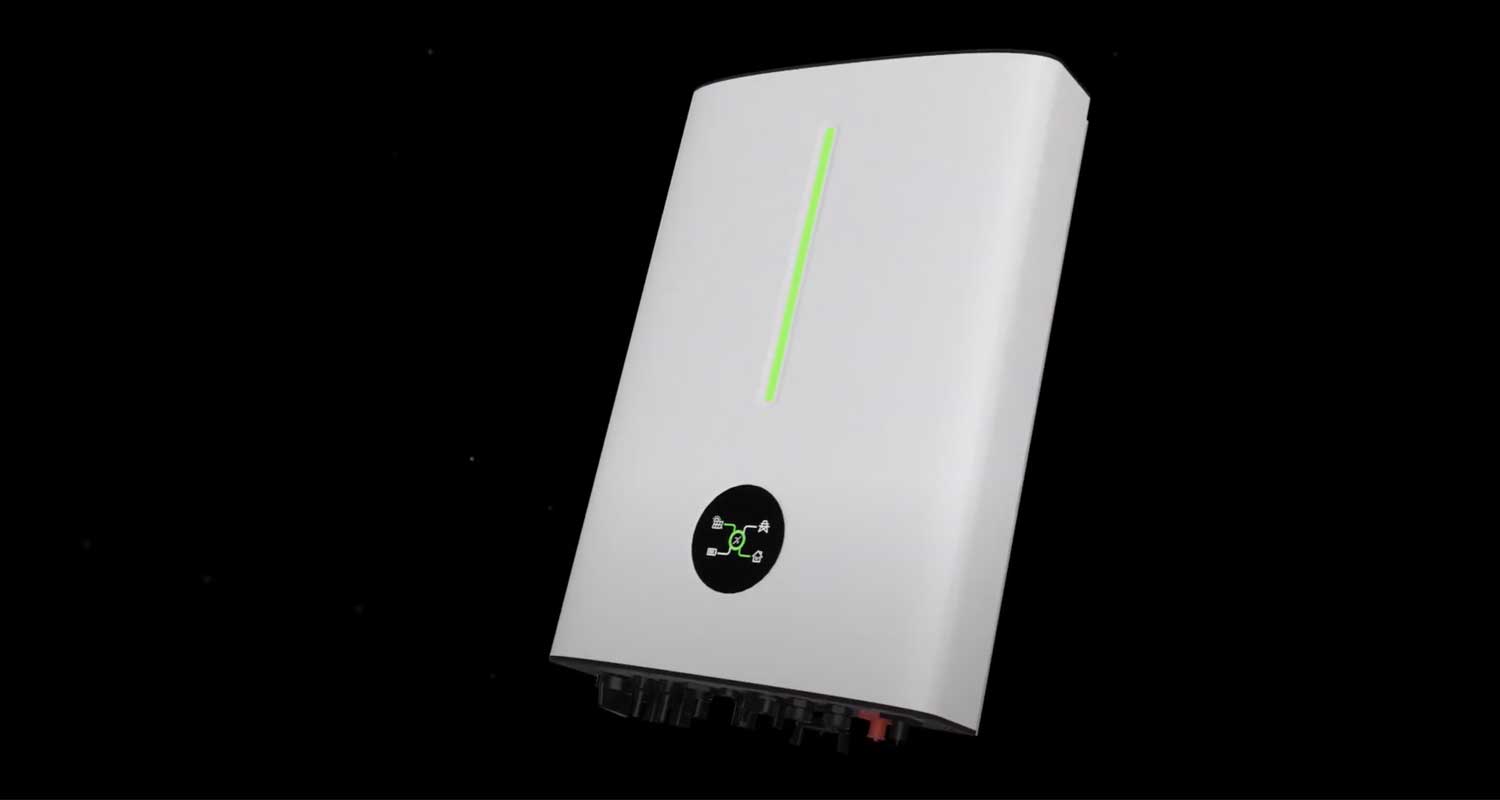 The use of inverters and batteries is on the rise in South Africa, by both retail consumers and businesses, as Eskom’s routine load shedding continues virtually unabated.
The use of inverters and batteries is on the rise in South Africa, by both retail consumers and businesses, as Eskom’s routine load shedding continues virtually unabated.
When batteries reach their end of life, however, the correct way of disposing of them safely is not always apparent or easy.
Understanding the different types of battery technology is the first step to improving safety and knowing the appropriate disposal procedures.
There are two main types of battery used in inverters: lead acid cell technology and various flavours of lithium-ion.
“Lead-acid chemistry is used in car batteries and for some home backup systems,” explained Stephen Thorne, research and development supervisor at Ellies Electronics, a big provider of trolley inverters and other power backup systems.
“The take-back system for lead-acid batteries generally works well in South Africa, and there are a lot of options available to consumers,” Thorne said. “With Ellies, for example, consumers can simply drop off their old batteries with us and get a rebate on a new purchase, then e-waste companies collect the old batteries from us.”
The maturity of the lead-acid recycling ecosystem in South Africa is supported by manufacturing facilities that re-use the waste materials by absorbing them into their production processes.
Inverter batteries
Although lithium-ion batteries have been used in cellphones and electronics for some time, their use in home backup systems is relatively new and so no lithium-ion manufacturing facilities exist in the country.
Consequently, the recycling ecosystem for lithium-ion batteries is weaker than for lead-acid equivalents, even though the former poses more danger to people the closer the batteries are to end of life.
“When the battery reaches its end of life, and even during its life, it is at risk of becoming critical. What that means is that the battery has some kind of chemical reaction – maybe water gets into it or something happens to it that sparks a reaction – which can cause a runaway fire. You cannot put it out with standard firefighting equipment – one has to just stand and watch it burn out,” said Patricia Schröder, spokeswoman for Circular Energy, a producer responsibility organisation (PRO) under South African legislation.
Read: Why are electric-car batteries so darn expensive?
The scope of the hazard posed by lithium-ion batteries as they near end of life only highlights the importance of following proper disposal procedures. With the industry in its infancy, however, competent service providers are scarce, with the high cost of proper disposal usually falling onto the consumer.
“There are licensed entities that deal with lithium battery recycling. If it is a critical battery, they are able to make it safe by removing any charge from it. It then goes through a process where they recover the various materials, such as the lithium and the copper, which can go back into a similar battery system. The problem is it is expensive to do this,” said Schröder.

PROs like Circular Energy were legislated by the extended producer responsibility regulations (EPR) of 2021. EPRs put the onus for battery end-of-life management, including the financial cost, on producers instead of consumers. According to the new rules, original equipment manufacturers (OEMs) – companies that import these batteries into the country, or locally manufacture them or put them on the market – must register with and pay levies to a PRO. The PRO then “disburses the fees for the environmentally sound management of all battery types”.
As Schröder explained, part of the rationale for transferring the cost of end-of-life battery management away from consumers is to encourage them to follow the right procedures by making it easier for them to do so. The idea is to simultaneously discourage unscrupulous behaviour that puts lives at risk.
“What is also concerning is that a lot of people are storing these things (old batteries) because they don’t want to pay for the cost of removing them. Or they are selling them on the black market,” said Schröder.
Consumers resort to these shortcuts because even though EPR legislation and PROs like Circular Energy exist, there is, according to Schröder, very little compliance from the OEMs. “It’s like they don’t care,” she said. She added that consumer pressure is needed to push the OEMs in the right direction.
Battery management
“If I was a consumer putting a backup system into my house, I would make sure that the company [complies]. A lot of the time, it is installers and they are not the ones that are legally obligated, it’s the people the installers buy from. But I would say to the installers, ‘Can you get a certificate from the company you purchased from to say they are compliant with the EPR regulations?’ The consumer will then know that should their battery become critical or reach its end of life, they have a means of getting rid of it.”
Although having a backup plan for when the need for battery disposal is unavoidable may be reassuring, what is arguably better is having a battery system last well beyond its standard shelf life. De Wet Taljaard, a technical specialist for solar energy at the South African Photovoltaic Industry Association (Sapvia), explained that a solid maintenance routine can extend battery pack usability significantly.
“When your car reaches the end of its service plan, it doesn’t necessarily mean you need to replace it. With batteries you will have to check if your depth of discharge, usability and performance have deteriorated so much that it makes sense to recapitalise. If the system is stored in a place with adequate ventilation and you have done your annual maintenance throughout the lifespan, you might find that the system has not degraded as much as you might have thought,” said Taljaard.
Read: How to dispose of e-waste in South Africa
He said that although there is a strong operations, maintenance and asset management aspect to battery system ownership, Sapvia tries to emphasise optimisation as an important management consideration.
He described “state of charge anxiety” as a tendency to “overcharge” batteries to have them last through load shedding or a power outage. But some systems last longer when not fully charged all the time. – © 2023 NewsCentral Media

